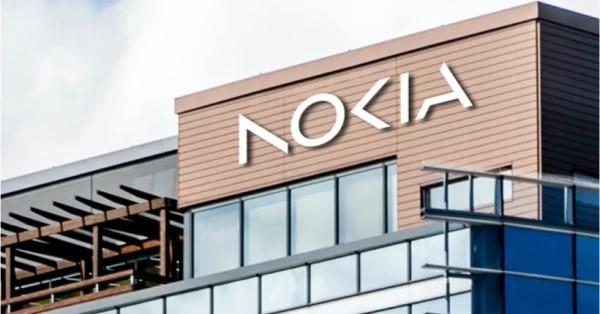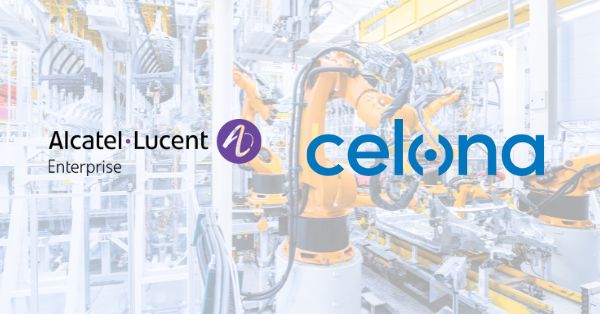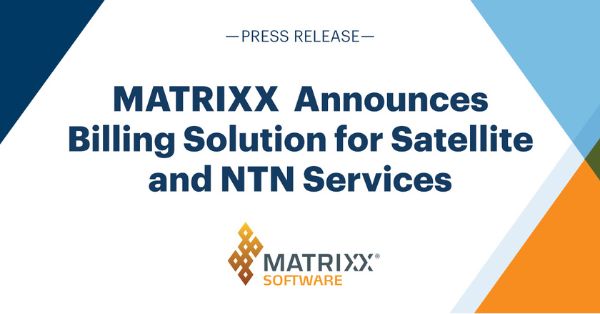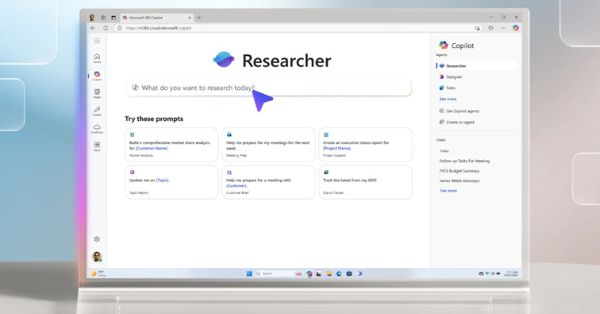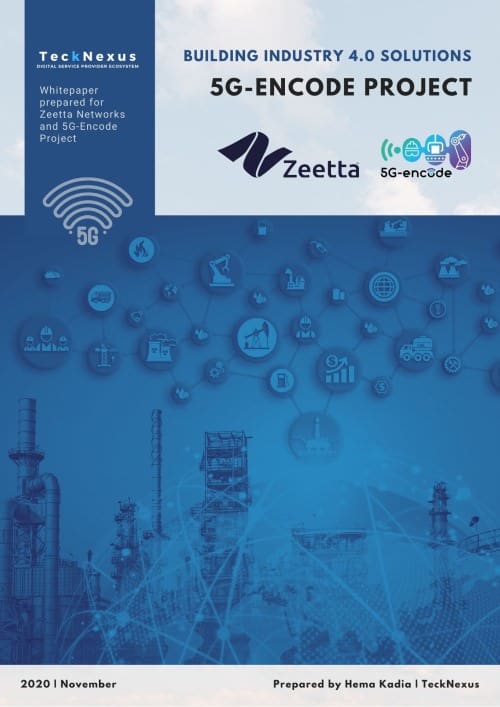Nokia Amplifies Its Tech Influence in Germany with a €360 Million Investment
January 17, 2024, Espoo, Finland – Global telecom giant Nokia has unveiled plans to channel €360 million into the development of innovative software, hardware, and microelectronics. This investment, earmarked for its facilities in Ulm and Nuremberg, Germany, is part of a broader initiative to boost future communication technologies.
A Strategic European Investment
This initiative is a segment of a larger four-year project under the European IPCEI (Important Projects of Common European Interest) framework. It is co-funded by Nokia, the German Federal Ministry of Economics and Climate Protection (BMWK), and the states of Baden-Württemberg and Bavaria. This collaborative effort underscores a significant commitment to advancing the ICT industry in Germany and across Europe.
Focusing on 5G-Advanced and 6G Technologies
Central to this project is the integrated development of advanced systems-on-chips, leveraging digital twin technology. These systems are poised to play a critical role in the deployment of 5G-Advanced and future 6G mobile communication standards. Nokia’s investment will enhance its established prowess in chip design, further cementing Europe’s position in the global tech landscape.
Championing Energy Efficiency and Climate Goals
An additional key focus of this project is enhancing the energy efficiency of these systems. This aligns with the European Union’s Green Deal objectives, aiming at reducing the environmental impact while advancing technological progress. Nokia’s strategy involves close collaboration with various research institutions and universities, strengthening this endeavor through its long-term investment.
Boosting Europe’s Competitiveness in Telecommunications
This investment is more than a milestone for Nokia; it’s a leap forward for the telecommunications sector in Germany and Europe. The project aims to fortify Europe’s standing in innovative fields like microelectronics, essential for technologies such as 6G, Artificial Intelligence (AI), and the Metaverse. These advancements are not only crucial for digitalization but also for developing networks that are simultaneously more energy-efficient and powerful.
A Commitment to Future-Ready Technologies
Tommi Uitto, President of Mobile Networks at Nokia, highlighted the significance of this funding: “This crucial investment fortifies our endeavor to drive the telecom sector forward in Germany and Europe, fostering innovation and competitiveness. It particularly supports our research in microelectronics, vital for future technologies like 6G, AI, and the metaverse. We are eager to collaborate with the German government to create state-of-the-art technology that proudly bears the label ‘Made in Germany’.”



